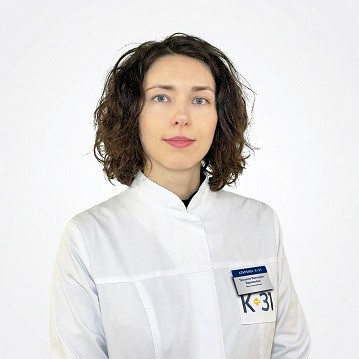Why is the change happening?
Spring is a favorite season for many people. It is during this period that a person begins to perceive the world somewhat differently than usual, falls in love more often, wants to spend more time on the street. The expression "spring mood" is not just a beautiful metaphor, but a very real phenomenon with a clear scientific justification. At the same time, autumn is considered a period of blues and exacerbation of various diseases for a reason. Let's figure out what lies at the heart of this, at first glance, a mysterious phenomenon.
It's no secret that human behavior, emotions, mood, even health are closely related to hormonal levels. It can change due to various reasons such as age, stress, pregnancy. Seasonality is also included in this list, although its influence, of course, is not as significant as that of the above factors.
What makes the hypothalamus and other endocrine glands suddenly pick up and start working differently than usual in the spring? Sunlight plays a decisive role in this phenomenon.
The hormones melatonin, serotonin and cortisol affect a person's mood and vitality. The first is produced exclusively in the dark and is responsible for fast falling asleep and quality sleep, and normalizes its rhythms. Serotonin gives a person vigor and good mood. Cortisol has a complex effect on the body: it regulates energy metabolism, the immune system, thinking and emotional background. In the spring-summer period, the following metamorphoses occur with these hormones:
- The duration of daylight hours is increased, and as we have already found out, the production of melatonin does not occur during this time.
- Sunlight suppresses the secretion of enzymes that metabolize serotonin, and there is more of it.
- Contemplating daylight (directly, not through glass or glasses) in the morning and deep sleep at night are critical to maintaining the circadian rhythm of cortisol.
Thus, in the spring, the brain turns into a kind of "joy factory", where there is no place for drowsiness, lethargy and blues.
Serotonin is far from the only "hard worker" in this factory. Another equally important hormone responsible for the state of joy and moral satisfaction is dopamine. It is one of the important neurotransmitters that tune the work of pituitary hormones. A change in its secretion associated with an increase in daylight hours leads to a slight (albeit not particularly significant) increase in the secretion of other hormones into the blood. Among them:
- Male and female sex hormones (estrogens and androgens). They are not only responsible for the development of secondary sexual characteristics, but also regulate the sexual behavior of people, attraction to the opposite sex. It is not surprising that spring is considered a "time of love".
- Growth hormone. In adults, it is responsible for maintaining optimal body weight. Many girls are very much looking forward to spring, because during this period their weight can decrease and this does not even require any effort! In children, this hormone stimulates intensive body growth. Measuring the increase in the growth of the child during the year, you can see that in the spring and summer, it is likely to be maximum.
It should be understood that although such changes do occur, they do not have a serious effect on human physiology and are absolutely safe and natural for a healthy person.


















